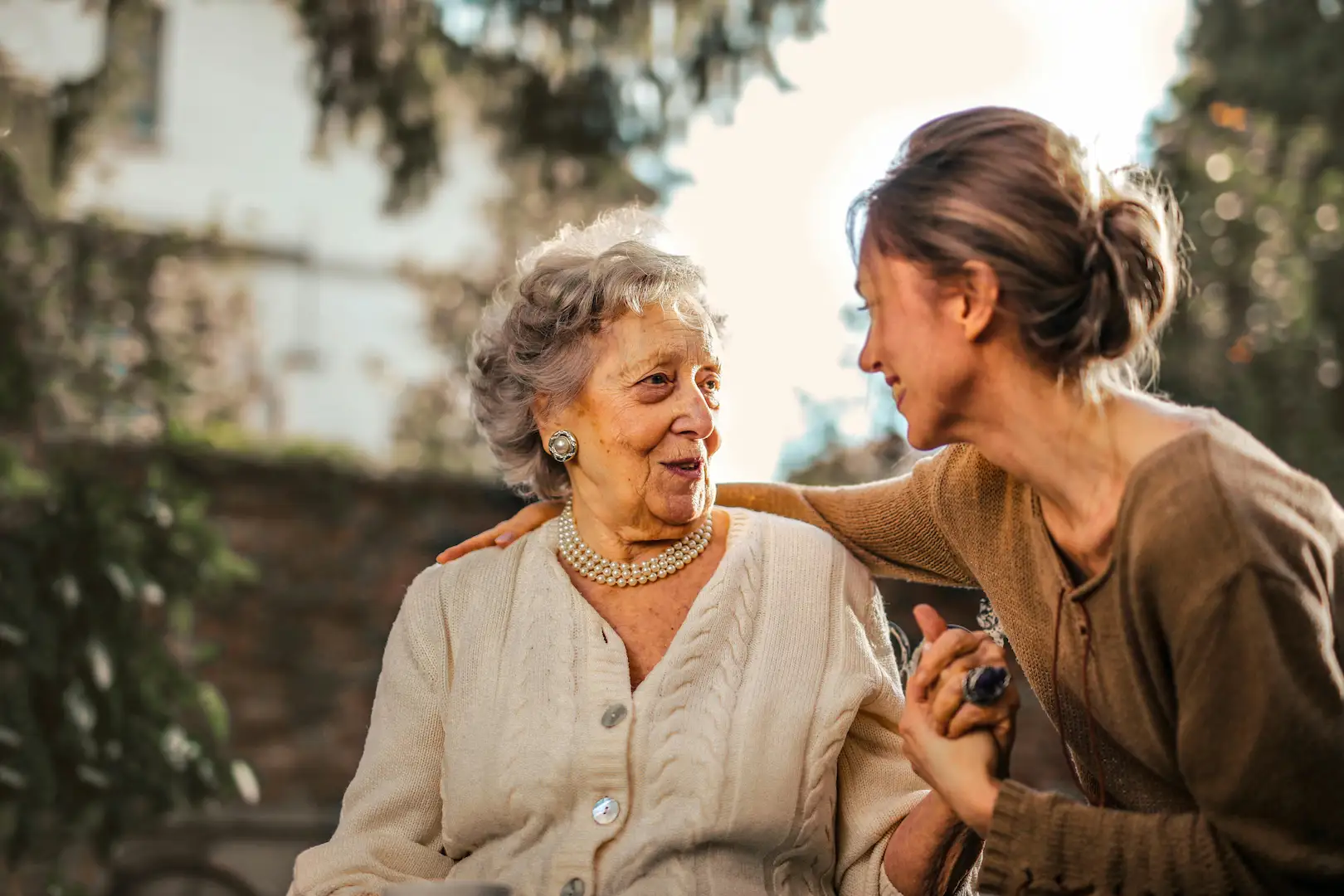Introducing the Difficulties in Combined Care
Providing comprehensive home care for the elderly can be a multifaceted challenge. Families often juggle multiple responsibilities, including work, personal life, and caregiving duties. The physical, emotional, and time-consuming demands can lead to significant stress. Creating a balanced care plan that incorporates both family involvement and professional assistance is crucial for ensuring the well-being of elderly loved ones and maintaining family harmony.
Dividing Duties Between Family and Professionals
Effective home care requires a clear division of responsibilities between family members and professional caregivers. Families should assess their strengths and limitations to strategically allocate tasks. Family members might focus on emotional support, companionship, and daily activities such as meal preparation, while professional caregivers can provide specialised medical care and medication management. Defining these roles helps reduce unnecessary stress and ensures all aspects of care are efficiently managed.
Recognising When Professional Help Is Needed
Understanding when professional help is needed is a crucial aspect of managing elderly care. Signs that may indicate the necessity for professional intervention include increased medical needs, cognitive decline, or when the physical demands of caregiving become too great. Professional caregivers bring targeted skills and experience, providing valuable support to family members and ensuring that the elderly receive the appropriate level of care.
Effective Planning and Communication in Care
Planning and communication are essential for coordinating care successfully. Establishing a care plan that outlines schedules, duties, and emergency procedures can prevent misunderstandings and ensure smooth operation. Regular family meetings and check-ins with professional caregivers foster clear communication, allowing for adjustments as needed and keeping everyone informed about the elderly individual’s well-being.
Coordination Strategies for Combined Care
Proper coordination between family members and professional caregivers can enhance the quality of care. Utilising digital tools, such as shared calendars and care management apps, can streamline communication and task delegation. Regular coordination meetings can also improve cooperation, ensuring that everyone involved in the care process is aligned and aware of their responsibilities.
Support and Resources for Family Caregivers
Family caregivers need support and resources to manage their roles effectively. This includes access to educational materials, coping strategies, and respite care options to prevent burnout. Support groups and counselling services can provide emotional support and practical advice, helping caregivers navigate their responsibilities with greater ease and resilience.
Striking a Balance in Care
Achieving a balanced approach to home care for the elderly involves a combination of effective planning, clear communication, and a strategic division of duties. By recognising the need for professional assistance when necessary and supporting family caregivers, a comprehensive care plan that benefits both the elderly individual and their family can be developed. Striking this balance is essential for delivering high-quality care while maintaining the well-being of all involved.


